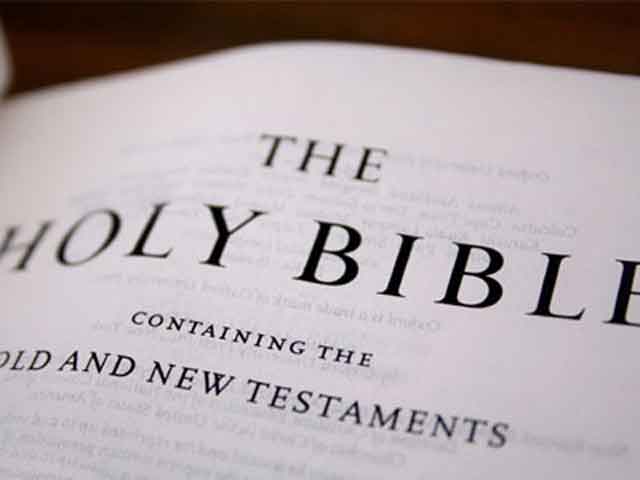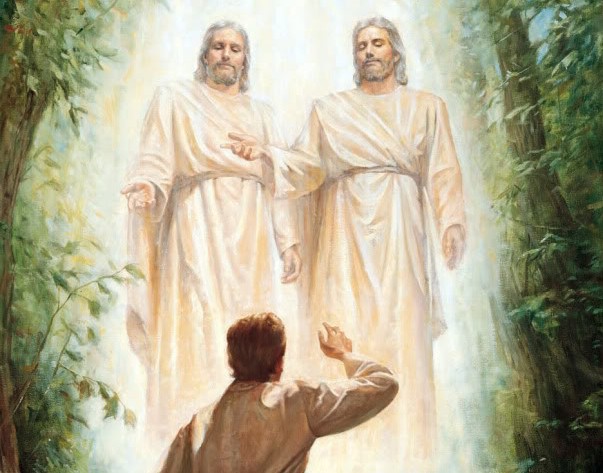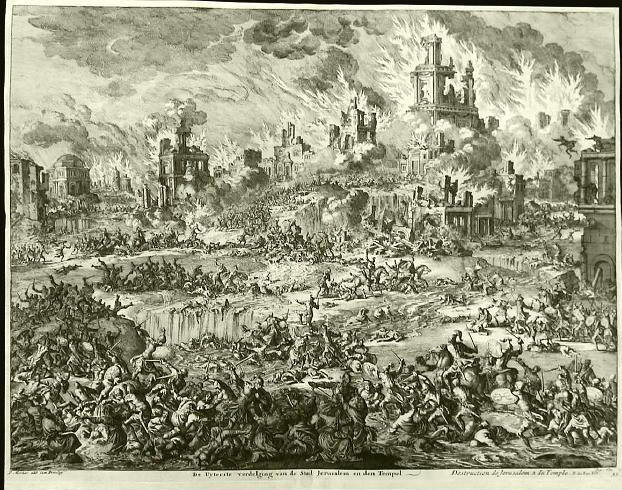Question
Dear Gramps,
I’ve been a member of the LDS church my whole life, but only got a true testimony of it when I was a teenager. I’m very strong in my testimony and I know that the church is true. However, I do have some questions with inconsistancy in some of the teachings. Such as Luke 2:14, John 16:33 vs Matthew 10:34, Luke 12:51 . This is just a small example of when God says two different things. I’m wondering why? I trust in God and always will. But Satan has been weighing on my soul about this lately, and its really starting to get to me. I’ll severely appreciate anything you can tell me about this issue.
Thanks.
Ashley
Answer
Ashley,
At first glance, these verses do seem to contradict each other. The key to understanding them rests in the situation surrounding them. There tends to be a habit of reading a verse and attempting to understand it in isolation. Even in grouping these verses together, a common thread can be seen to run through them, but are they really connected? I’d like to examine each one with the context in mind.
Glory to God in the highest and on earth peace, good will toward men.
This, of course, is the brief song that was sung to the shepherds that received the announcement from Gabriel that Jesus had been born into the world. It truly is a magnificent scripture, and to quote Elder James E. Talmage from his book Jesus The Christ regarding this event;
What a consummation to be wished peace on earth! But how can such come except through the maintenance of good will toward men? And through what means could glory to God in the highest be more effectively rendered?
Jesus had just been born. Why would heaven rejoice in such a manner? Because the grand key to God’s Plan of Salvation had just begun to unfold. The Savior of the world would soon fulfill his role in bridging the gap that separates men from God. Truly a moment in history to remember for all time. Even today, more than 2000 years later, these opening scenes in the life of Jesus Christ are so important to Christianity that they are re-enacted as we celebrate his birth every year.
These things I have spoken unto you, that in me ye might have peace. In the world ye shall have tribulation: but be of good cheer; I have overcome the world
This verse comes near the end of our Lord’s ministry in the flesh. At this point, Christ had already stopped preaching publicly, and the Last Supper had just been completed. From John 13 to 16, the words of the Lord were for the ears of his chosen apostles. During this time Jesus was instructing his friends face to face for the last time before he began the process of the atonement. The apostles were deeply affected by the language he used, as he said again and again that he must leave them to finish his Father’s work. This verse is Jesus giving comfort to his friends in a very sad setting. He reminds them that they will have hard times ahead of them, and surely they did. However he wanted them to be happy because he had overcome the world.
In other words, he wanted them to be happy that the Plan of Salvation would be completed. He would fulfill his role as Savior.
Think not that I have come to send peace on earth: I came not to send peace, but a sword.
Suppose ye that I am come to give peace on earth? Nay; but rather division:
These last two verses are all but identical in message. The one in Matthew is given as instruction to the twelve apostles, while the one in Luke is given in a public setting.
Both of these verses are referring to the Gospel that Jesus was preaching. Of course the goal of the Gospel is to bring peace, but Jesus knew from early on in his ministry that the truth he bore from the Father would not be easily accepted. Practically from the beginning of his ministry the leaders in Jerusalem sought to silence him, if not kill him outright.
Jesus knew the Gospel would divide families, cities, and nations, and he said as much in both settings.
So, we have four verses that deal with peace, or lack of peace on earth. What do we make of them together? The first two are united in seeking for peace, and the latter two are united in peace not being possible. Perhaps the question could be stated like this; The angels of heaven pronounced peace on earth, and Jesus sought to give his beloved friends peace prior to completing his role as Savior. But peace cannot happen in the way both heaven and Jesus wanted. Why?
The answer lies within each of us. We have our agency, and that cannot be taken from us. As my father said to me, “As long as two people can disagree on something, they will. Even in the face of reason.”
Think on this for a momenet. Thousands of people heard the voice of the Savior. They saw his face. They saw his miracles. And yet they did not believe. What this demonstrates is that peace is not something that can be sent from heaven. Jesus himself could not bring peace where it was not welcome. Peace must come from within. Each of us has the power to spread peace around us. For peace to exist on earth completely, it must already exist in the hearts of all mankind. Or, to quote again James E. Talmage; What a consummation to be wished peace on earth! But how can such come except through the maintenance of good will toward men?
Gramps







